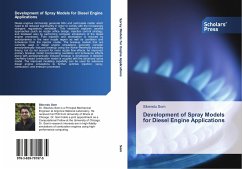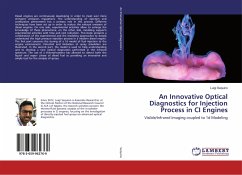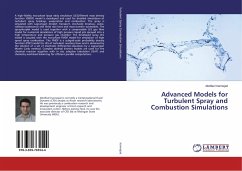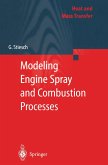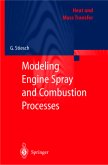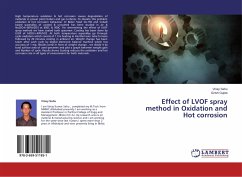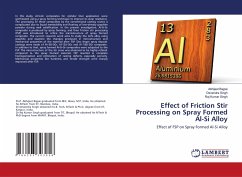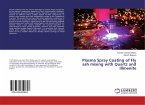Diesel engines intrinsically generate NOx and particulate matter which need to be reduced significantly in order to comply with the increasingly stringent regulations worldwide. This research explores several approaches (such as nozzle orifice design, injection control strategy, and biodiesel use) by performing computer simulations of the diesel engine processes. Fuel injection and atomization is induced by aerodynamics in the near nozzle region as well as cavitation and turbulence from the injector nozzle. The breakup models that are currently used in diesel engine simulations generally consider aerodynamically induced breakup using the Kelvin-Helmholtz instability theory, but do not account for inner nozzle flow effects. An improved primary breakup model incorporating cavitation and turbulence effects along with aerodynamically induced breakup is developed. A detailed chemistry based combustion model is coupled with the advanced spray model. The improved modeling capability canbe used for extensive diesel engine simulations to further optimize injection, spray, combustion, and emission processes.
Bitte wählen Sie Ihr Anliegen aus.
Rechnungen
Retourenschein anfordern
Bestellstatus
Storno

